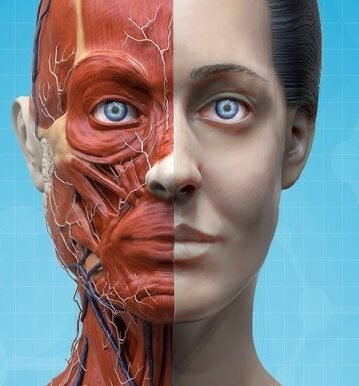Symptoms of Vitamin B12 Deficiency
Vitamin B12 (cobalamin) is essential for nerve function, red blood cell production, and DNA synthesis. A deficiency can develop slowly, and symptoms may be subtle at first but worsen over time. Here are the key signs to watch for:
Common Symptoms
1. Fatigue & Weakness
- Persistent tiredness, even with adequate sleep (due to low oxygen from anemia).
2. Neurological Issues
- Tingling or numbness in hands/feet (“pins and needles”).
- Balance problems or difficulty walking.
- Memory lapses, confusion, or brain fog (may mimic dementia).
3. Mood Changes
- Depression, irritability, or anxiety.
4. Pale or Jaundiced Skin
- B12 deficiency can cause megaloblastic anemia, leading to pale or slightly yellow skin.
5. Glossitis & Mouth Ulcers
- Swollen, red tongue (“beefy” appearance) or mouth sores.
6. Heart Palpitations & Shortness of Breath
- Anemia forces the heart to work harder, causing irregular heartbeats.
7. Vision Disturbances
- Blurred or double vision (rare, from nerve damage).
8. Digestive Problems
- Loss of appetite, constipation, or weight loss.
Who’s at Risk?
- Vegans/vegetarians (B12 is found mainly in animal products).
- Older adults (reduced stomach acid impairs B12 absorption).
- People with digestive disorders (celiac disease, Crohn’s, or post-bariatric surgery).
- Long-term use of acid-reducing drugs (e.g., PPIs like omeprazole).
What to Do?
✅ Get tested (blood tests check B12 levels and related markers like MMA and homocysteine).
✅ Dietary sources: Meat, fish, eggs, dairy, or fortified foods.
✅ Supplements: Oral B12 (cyanocobalamin/methylcobalamin) or injections for severe deficiency.
Severe, untreated B12 deficiency can cause permanent nerve damage—early intervention is key! If you suspect a deficiency, consult a doctor.
Would you like guidance on B12-rich foods or supplement types? 😊
